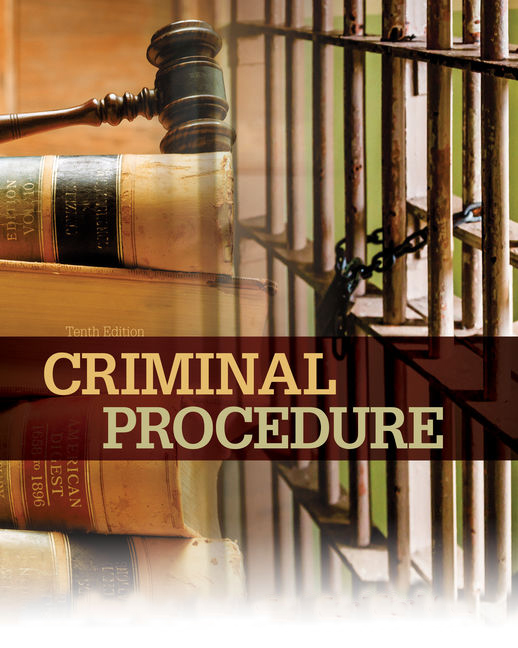“Single instance of Adultery does not disentitle the Wife to Maintenance under Section 125(4) of the Cr.P.C: HC of MP while Interpreting Adultery”
Case title: Vijendra v. Rekhabai & Anr.
Case no.: Criminal Revision No.790 of 2019
Dated on: 15th April 2024
Quorum: Justice Prem Narayan Singh
FACTS OF THE CASE
In the realm of family law, the issue of maintenance often stands at the forefront, especially in cases where divorce has been granted on grounds such as adultery. The case in question, brought before the court as a criminal revision petition under Section 19(4) of the Family Courts Act read with Section 397 of the Cr.P.C., revolves around the award of maintenance to the respondent and her daughter by the learned Principal Judge, Family Court, Dhar M.P. The petitioner, aggrieved by the judgment, seeks a reduction in the maintenance amount.
The petitioner, having obtained a divorce decree on the grounds of adultery, contends that the respondent, his former wife, is disqualified from claiming maintenance. The learned trial Court had awarded Rs. 3000/- per month each to the respondent and their daughter. The petitioner bases his argument on the findings of adultery by the family court and cites precedents from the Madras and Karnataka High Courts to support his claim.
On the other hand, the respondent, while acknowledging her subsequent marriage, denies the accusations of adultery, asserting that mere allegations without substantial evidence cannot disqualify her from receiving maintenance. She relies on a judgment of the Delhi High Court to argue that only continuous and repeated acts of adultery warrant the disqualification from maintenance.
CONTENTIONS OF THE APPELLANT
The petitioner’s counsel argues that the decree of divorce, based on the finding of adultery, is conclusive evidence of the respondent’s disqualification from maintenance. He cites precedents from the Madras and Karnataka High Courts to reinforce this argument.
M.Chinna Karuppasamy vs. Kanimozhi wherein, the Court has observed that “A divorced wife, who lives in adultery, is disqualified from claiming maintenance under Section 125 of Cr.P.C.”
Shanthakumari vs. Thimmegowda wherein the Court has observed that “the oral and documentary evidence produced clearly establish that the petitioner is not honest towards husband and she has got extramarital affairs with neighbour Mahesh and all along, she asserted that she used to stay with him. When the petitioner is staying in adultery, the question of she claiming maintenance does not arise at all. the contention of the petitioner that the petitioner is a legally wedded wife and entitled for maintenance cannot be accepted in view of the conduct of petitioner, who is not honest and is leading adulterous life.”
CONTENTIONS OF THE RESPONDENTS
The respondent’s counsel refutes the allegations of adultery, emphasizing the lack of substantial evidence to support such claims. She contends that even if adultery occurred, it does not automatically disqualify the respondent from receiving maintenance, as per precedents set by the Delhi High Court.
Sh. Pradeep Kumar Sharma vs. Smt. Deepika Sharma, wherein the Court observed that “only continuous and repeated acts of adultery or cohabitation in adultery would attract the rigours of the provisions under Section 125(4) of Cr.P.C.”
LEGAL PROVISIONS
Section 19(4) of the Family Courts Act: This provision allows for the filing of revision petitions against judgments passed by Family Courts.
Section 397 of the Cr.P.C. (Code of Criminal Procedure): This provision grants the power of revision to higher courts over proceedings in subordinate courts.
Section 125(4) of the Cr.P.C.: This provision deals with the disqualification of a wife from receiving maintenance if she is “living in adultery.”
Section 41 of the Indian Evidence Act: This provision states that a judgment or decree on a particular matter, having attained finality, is relevant evidence for deciding similar matters in subsequent cases.
ISSUE –
- Whether the finding of adultery, leading to divorce, disqualifies the respondent from claiming maintenance.
- What constitutes “living in adultery” as per the relevant legal provisions.
- Whether the maintenance awarded by the trial court is excessive or justified.
COURT’S ANALYSIS AND JUDGEMENT
The court delves into the legal precedents cited by both parties to ascertain the definition and implications of adultery in maintenance cases. It emphasizes the distinction between isolated acts of adultery and continuous, repeated conduct, which is necessary to disqualify a spouse from maintenance.
In Ashok v. Anita, the HC of Madhya Pradesh interpreting the said provision and observed as reproduced –
A perusal of the provisions of section 125(4) of Cr. P.C. makes it clear that a stray act of adultery on the part of the wife does not amount to adultery within the meaning of section 125(4) and further does not disentitle the wife to maintenance.
Relying on the principles laid down by various High Courts, including the Madhya Pradesh High Court, the court concludes that mere allegations or isolated acts of adultery are insufficient to deny maintenance. It reaffirms that the term “living in adultery” implies a continuous adulterous conduct rather than occasional lapses.
In light of the evidence and legal precedents, the court finds no grounds to interfere with the trial court’s judgment. It upholds the maintenance awarded to the respondent and her daughter, considering the prevailing circumstances and the principles of justice.
The case serves as a significant interpretation of the legal provisions surrounding maintenance in cases of adultery. It underscores the importance of continuous, repeated conduct in establishing disqualification from maintenance, while also emphasizing the need for substantial evidence to support such claims. In upholding the trial court’s decision, the judgment ensures fair treatment and support for the dependent parties involved.
“PRIME LEGAL is a full-service law firm that has won a National Award and has more than 20 years of experience in an array of sectors and practice areas. Prime legal fall into a category of best law firm, best lawyer, best family lawyer, best divorce lawyer, best divorce law firm, best criminal lawyer, best criminal law firm, best consumer lawyer, best civil lawyer.”
Judgement Reviewed by – Chiraag K A





